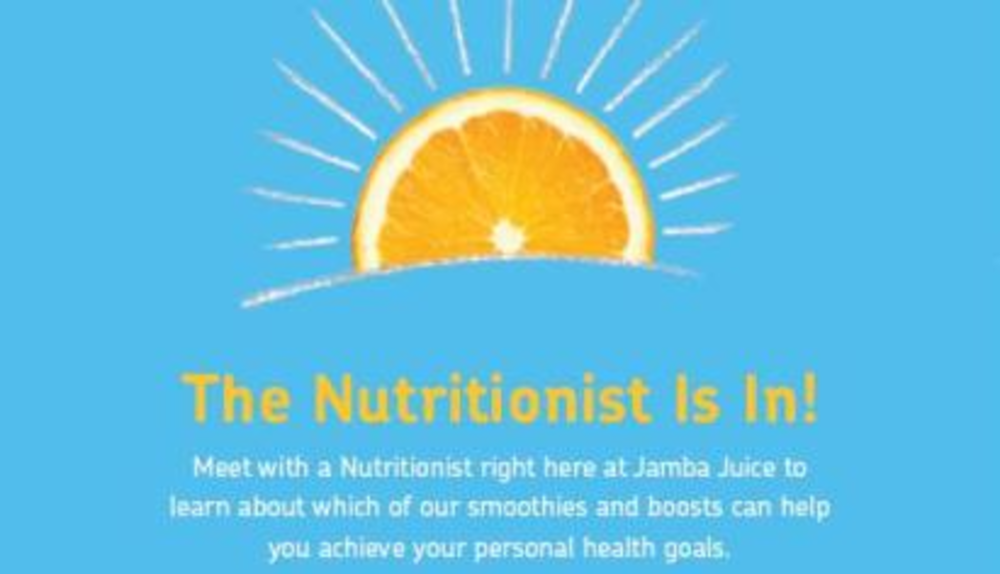More consumers are interested in staying healthy these days, and a growing array of products — from foods to gym memberships to spa treatments — are popping up to tug at the wallets of the health-conscious public. With so many “healthy” products vying for limited consumer dollars, marketers in the health and wellness space must differentiate themselves by offering more valuable experiences, backed up by recommendations from trusted third parties. Added convenience and loyalty building efforts don’t hurt either.
“Health is one of the fastest growing categories, and everyone is dialing up that factor, so the challenge is to cut through the clutter,” says Cassie Hughes, strategy director and co-founder of Grow, an agency that has worked with Jamba Juice and other wellness brands. “It’s really difficult to just tell somebody that something is better for them. You have to show them and give them that experience.”
Specialized, immersive experiences are a great way for marketers to communicate the personal benefits of a product to each consumer. With “healthy” products often costing more than their non-healthy counterparts, or seen as a luxury expense, it’s important to explain to consumers what exactly they’re receiving for those extra dollars.
“How do you differentiate one gym from another when the floor plan is the same, the same machines are there and the same classes are offered?” asks Conor Brady, VP of creative for Organic, the agency that redesigned the Equinox Fitness Web site last year. “To justify the additional premium charge they put on top, Equinox sells it as a premium service, and that quality ‘club’ experience goes a long way.”
The more personal a marketer can make the experience with his product, the better. The Equinox site, for example, offers a password-protected section called “MyEQ,” on which members can define goals, schedule workouts, book personal training sessions, register for classes, record workout information and send themselves reminders of scheduled workouts.
“In this space, [the product] has to become part of everyday life,” Brady says. “With the ‘whole lifestyle’ approach, exercise now goes beyond working out; it gets into nutrition, healthy living, getting enough sleep and going beyond that one hour at the gym.”
Brady believes that the role of digital marketing will grow exponentially in the future, because digital media are accessible and reach consumers where and when they want — adding to the personalization and convenience that consumers covet.
Consumers don’t just demand personalization to feel special — they are looking for a health program that really works for them. Support from experts in the field, such as trainers, doctors, nutritionists and athletes, can go a long way in selling health products to a skeptical public.
“From a marketing perspective, it became clear that we should show people the benefit of coming to the spa and also let them understand that the spa is here with the support of physicians,” says Patty Dooher, manager for Apogee Spa, of the facility’s emphasis on its medical pedigree.
Getting these experts to speak personally to consumers or to provide endorsements on marketing materials helps shoppers to better understand the brand and what it can do for them.
“One of our biggest challenges when we position products that are intended to deliver a health benefit is credibility,” says Paul Coletta, CMO of Jamba Juice. “I think it’s a trend to use experts, and I think that’s more compelling and meaningful. It’s a crowded, noisy environment around health and wellness, and it helps to cut through that clutter.”
Campaigns
Equinox Fitness
Web site
Equinox Fitness tapped Organic to redesign its Web site in 2007. The idea was to make the site more reflective of Equinox’s luxury branding, but Organic also made it more interactive and packed it with member benefits like online equipment reservations, workout planning and a store stocked with healthy lifestyle goods and iTunes-backed playlists. The site boosted word-of-mouth marketing for the health center; Equinox opened five new clubs in 2008 and has plans to open six new clubs in 2009.
Apogee Spa
Postcard campaign
For its grand opening, Apogee Spa at Summit Medical Group in Berkeley Heights, NJ, launched an aggressive, community-wide campaign that included fliers, postcards and physician referrals. The postcards, which were mailed to thousands, featured special introductions to certain treatments, prompting what spa manager Patty Dooher described as “a flurry of calls.” The postcards also played up the spa’s medical pedigree, featuring a subtle image of a stethoscope. “Our strength is that ability to guarantee the quality and expertise of working with a physician,” Dooher explained.
Jamba Juice
In-store events and coupons
To introduce its new line of smoothies, 19 nutritionists visited 16 different Jamba locations, explaining the benefits of particular smoothies and recommending different blends based on personal goals, tastes and habits. Jamba also hosted “Healthy Happy Hours” — smoothie tasting parties for hand-picked “influencers.” Guests met with nutritionists and were given five coupons to purchase the new smoothies. The Free Smoothie Cards saw a 56% redemption rate as of the end of 2007, two months after the campaign was completed.








